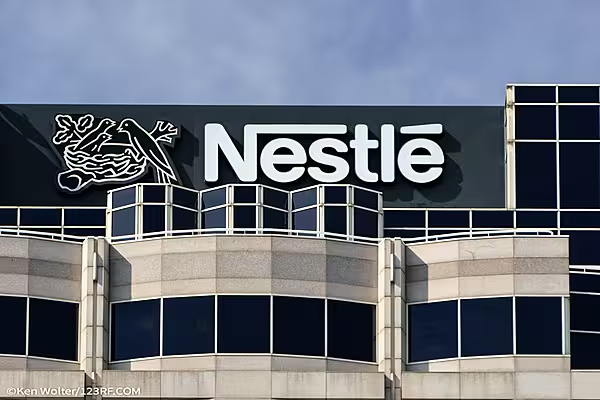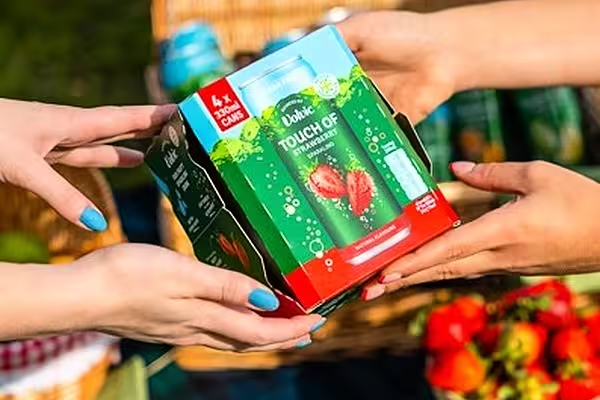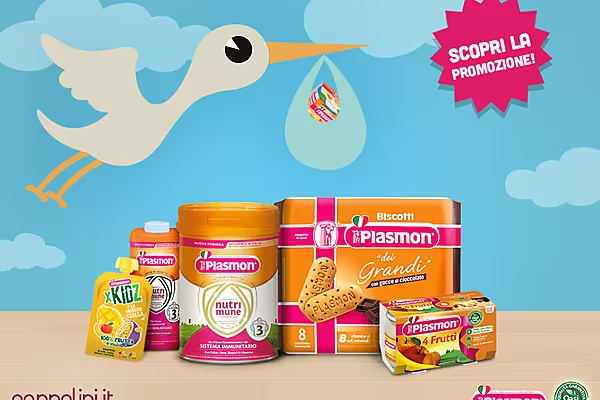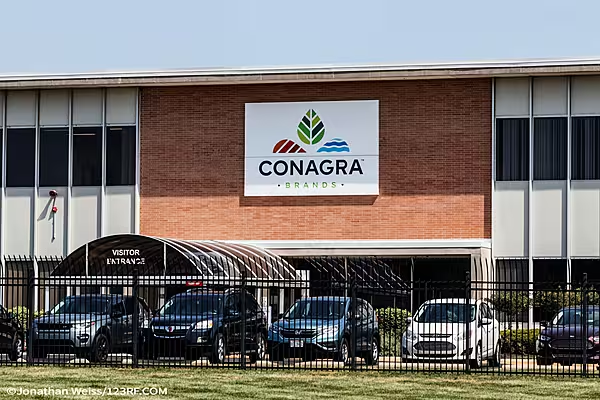Nestlé missed its first-quarter organic sales growth estimates following price hikes across its products, particularly in North America, it was announced on Thursday.
The world’s biggest packaged food company confirmed its 2024 guidance of organic sales growth of about 4%, along with a moderate increase in underlying trading profit margin.
Results show that organic sales, which exclude the impact of currency movements and acquisitions, rose 1.4% in the first quarter ending in March.
Analysts had forecast an organic average sales growth of 2.9%.
Chief executive of the Kit Kat maker Mark Schneider said in a statement, “We had expected a slow start and see a strong rebound in RIG (sales volumes) in the second quarter with reliable delivery for the remainder of the year.”
Price Hikes
The packaged goods industry has been hitting shoppers with higher prices for over two years.
Companies such as Nestlé and PepsiCo cited higher output costs that started with the Covid-19 pandemic and was further impacted by the Russian invasion of Ukraine.
The higher prices have hurt sales volumes as consumers are increasingly moving to cheaper brands.
Although, PepsiCo this month reported that it had beat first-quarter sales expectations as it enticed customers back to its brands
Nestlé’s total reported sales decreased by 5.9% to 22.1 billion Swiss Francs (€22.6 billion).
Vontobel analyst Jean-Phillipe Bertschy called the results an “uninspiring start to the year.”
He said, “The weak (volumes), although well flagged by the company in February, are unlikely to reassure investors who were expecting a sign of improvement given recent results from peers.”
Easing Hikes
Executives for the company have in recent quarters flagged that costs are rising at a slower pace.
As a result, they have started easing price hikes alongside the slowing costs.
There are, however, cases where prices are still rising because companies argue that they are innovating a better product.
Schneider said, “In North America, we have stepped up our innovation intensity and commercial activities, primarily in frozen food, which lost ground in the first quarter.”









